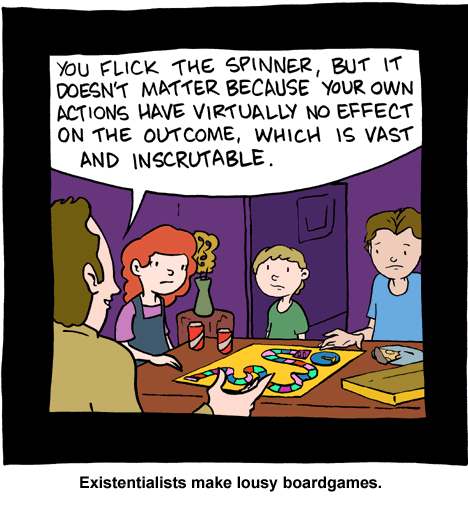 From style.com:
From style.com:"The answer lay, in part, in the Christianity of his childhood. In Suelo's nascent philosophy, following Jesus meant adopting the hard life prescribed in the Sermon on the Mount. 'Giving up possessions, living beyond credit and debt,' Suelo explains on his blog, 'freely giving and freely taking, forgiving all debts, owing nobody a thing, living and walking without guilt . . . grudge [or] judgment.' If grace was the goal, Suelo told himself, then it had to be grace in the classical sense, from the Latin gratia, meaning favor—and also, free.
"By 1999, he was living in a Buddhist monastery in Thailand—he had saved just enough money for the flight. From there, he made his way to India, where he found himself in good company among the sadhus, the revered ascetics who go penniless for their gods. Numbering as many as 5 million, the sadhus can be found wandering roads and forests across the subcontinent, seeking enlightenment in self-abnegation. 'I wanted to be a sadhu,' Suelo says. 'But what good would it do for me to be a sadhu in India? A true test of faith would be to return to one of the most materialistic, money-worshipping nations on earth and be a sadhu there. To be a vagabond in America, a bum, and make an art of it—the idea enchanted me.'"
Suelo also has a blog.



